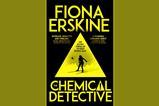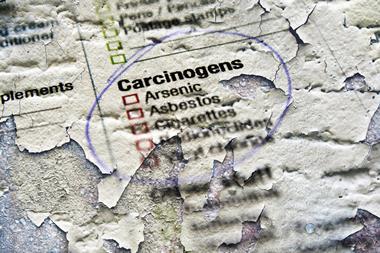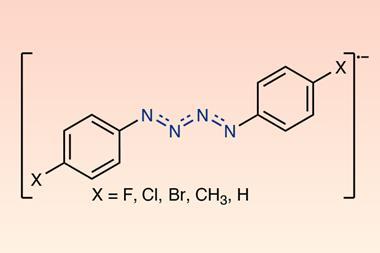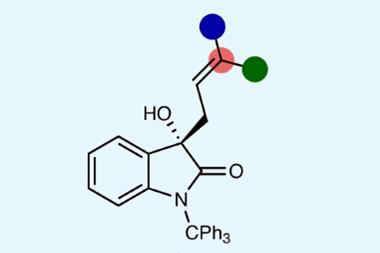Evaluation clears the way for long term authorisation of herbicide
The European Chemicals Association (Echa) has released the results of its most recent assessment of the herbicide glyphosate, concluding that the chemical should not be classified as cancer-causing.
After a review of the available research, Echa’s committee for risk assessment (RAC) decided that the controversial herbicide did not warrant classification as a carcinogen, a mutagen – a substance causing genetic damage – or a substance causing reproductive harm. Glyphosate will keep its existing classifications as toxic to aquatic life with long-lasting effects, and causing serious eye damage.
‘This conclusion was based both on the human evidence and the weight of the evidence of all the animal studies reviewed,’ Tim Bowner, chairman of the RAC, told reporters at a press conference. ‘[The committee] developed this opinion after carrying out an extensive evaluation of all the information that was available for this substance.’
The RAC’s conclusions will now formally be submitted to the European commission, who will ultimately take the decision whether to continue approving glyphosate for use in the EU. Nations previously voted to grant temporary approval until the end of 2017 to wait for the outcome of ECHA’s assessment.
Richard Garnett, chairman of the European Glyphosate Task Force, which represents manufacturers, welcomed Echa’s findings. ‘The conclusion reached by the RAC reinforces the outcome of other evaluations of glyphosate which have been conducted by regulatory authorities around the world,’ he said in a statement. ‘The scientific evidence to support the renewal of glyphosate is overwhelming. On the basis of the RAC’s robust assessment of scientific evidence, there is now no barrier to member states renewing the approval for glyphosate in the EU.’
Echa’s conclusion backs the view shared by several health bodies that glyphosate is ‘not likely’ to be carcinogenic to humans at current exposure levels. These include the US Environmental Protection Agency, the European Food Safety Authority and a joint United Nations/World Health Organization (WHO) panel.
However, the International Agency for Research on Cancer (IARC) – an agency within the WHO that evaluates cancer risks associated for various chemicals – still classes the herbicide as ‘probably carcinogenic’, based on an assessment released in March 2015, and on this basis the state of California wants to add it to its Proposition 65 list of chemicals that are ‘known to cause cancer’ – meaning businesses must notify consumers when there are significant quantities of the chemical present in their products. A US judge recently ruled against a constitutional challenge by agrochemicals giant Monsanto to stop glyphosate from being included on the list.
Echa says it took an even wider range of studies into account than IARC when assessing the evidence on glyphosate. ‘The methodology used to determine the hazard for cancer is similar,’ said Echa’s scientific officer Ari Karjalainen. ‘[But] taking the overall picture into account the conclusion was that there is not enough evidence to indicate that it should be classed as carcinogenic.’

















No comments yet